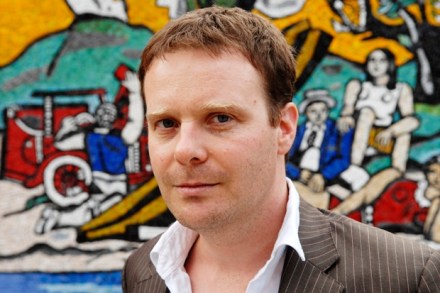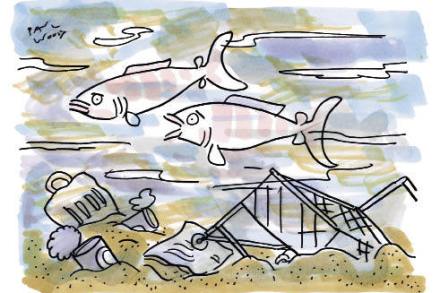In praise of affectation
Aversion to pretentiousness was probably an English trait before Dr Johnson famously refuted Bishop Berkeley’s arguments for the immateriality of the world by booting a stone. There are plausible historical reasons for this. Suspicious of the Catholicism of neighbouring Ireland and France (where words were thought to contain spiritual power even if they were not



